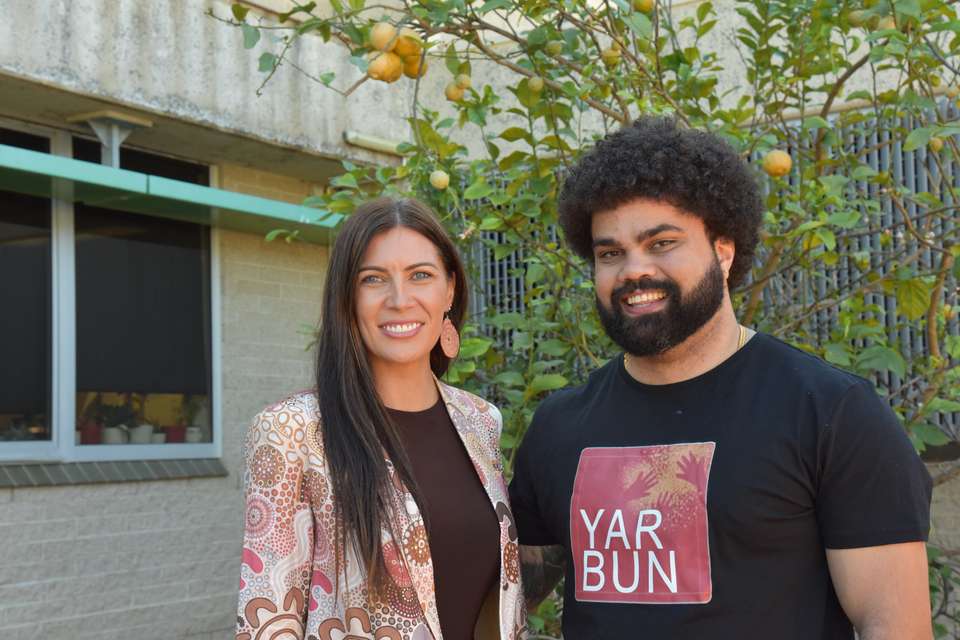Indigenous-led partnerships highlighted at Native Food and Medicine Symposium

First Nations entrepreneurs and research scientists have come together on Darumbal land in Rockhampton to unlock the potential of regional communities in helping to grow Indigenous participation in the booming native foods sector.
Backed by CQUniversity’s Jawun Research Institute, the CQUniversity Native Resources in Foods and Medicine Symposium featured keynote speaker, Wiradjuri woman and Yaala Sparkling founder Tara Croker.
The former marketing manager left the corporate world two years ago to build her native ingredient beverage business and said it was unacceptable that First Nations People make up less than two per cent of the people involved in the native food industry.
“That just blew my mind to think that an industry that is built on the knowledge of First Nations People involves so few of us,” Ms Croker said.
“It’s not just about profit and the bottom line – it’s about ‘how can I lift my community and how can I make positive change’,” she said.
Ms Croker said regional communities had an important role to play in the future of the native foods industry.
"Regional communities must be empowered with resources, training and market access to ensure they can participate and thrive in the growing native food industry.
“These are plants that are growing in our backyards across the country – there are 6,500 edible native plants and most people could only name five,” she said.
CQUniversity Jawun Research Institute Director Professor Yvonne Cadet-James said general collaboration between Aboriginal and Torres Strait Island people and scientists was a positive step, however:
“It’s quite evident the best outcomes are achieved when Aboriginal and Torres Strait Islander people apply their sovereign right to engage in practices and enterprises and continue to strengthen the evidence-based knowledge in this field,” she explained.
Ghungalu elder Uncle Steve Kemp and his son Murrie Kemp said their ongoing Gumby Gumby research partnership with CQUniversity was “groundbreaking” in more ways than one.
“This work we’ve done with CQU is true self-determination in practice,” Murrie said.
“We were able to dictate at our own pace how the plant should be researched and to what extent and we’ve got agreements in place so that my Dad’s knowledge that was handed down from his ancestors is protected.”
Mr Kemp said the partnership model could be used as a best practice example for other Indigenous research partnerships across the country.
